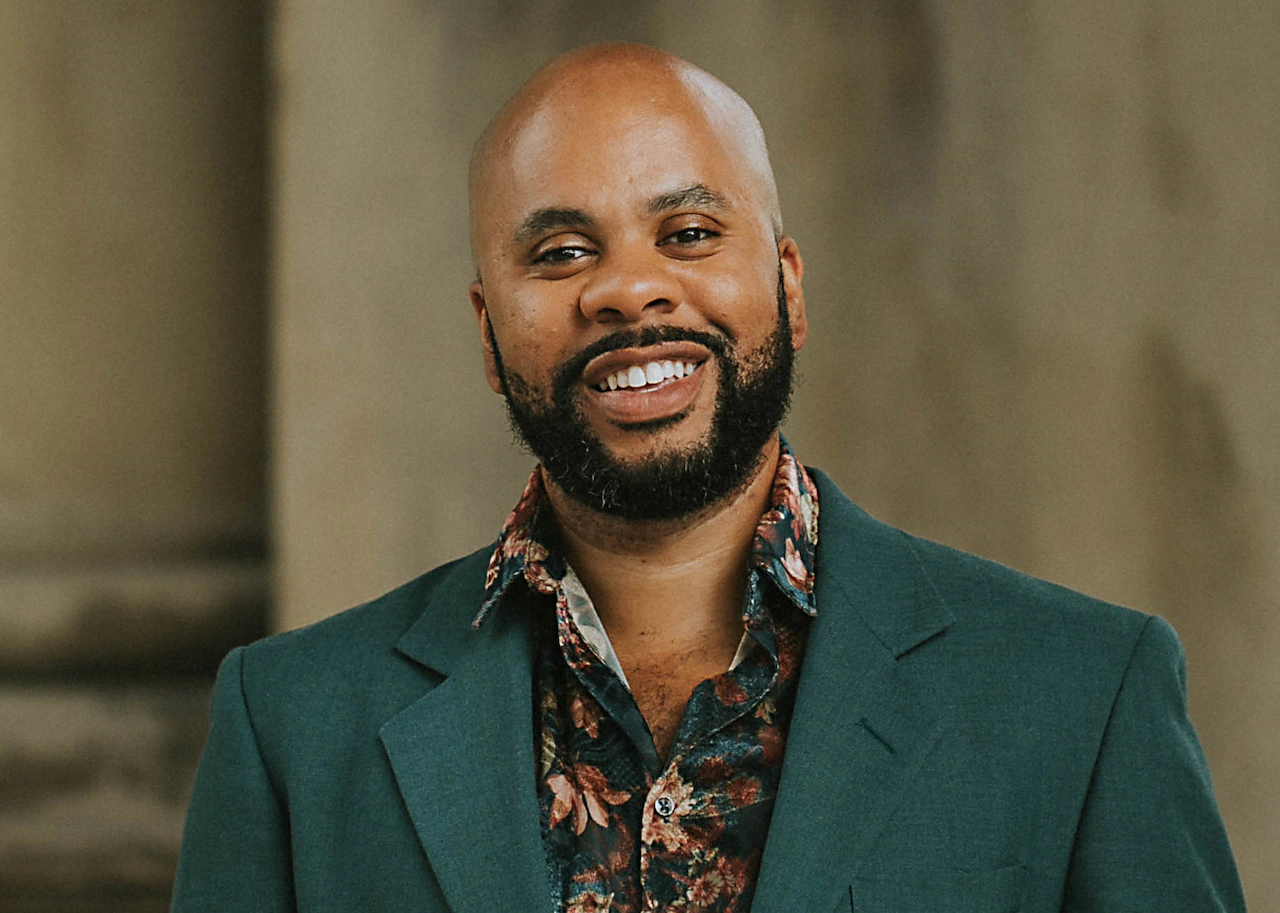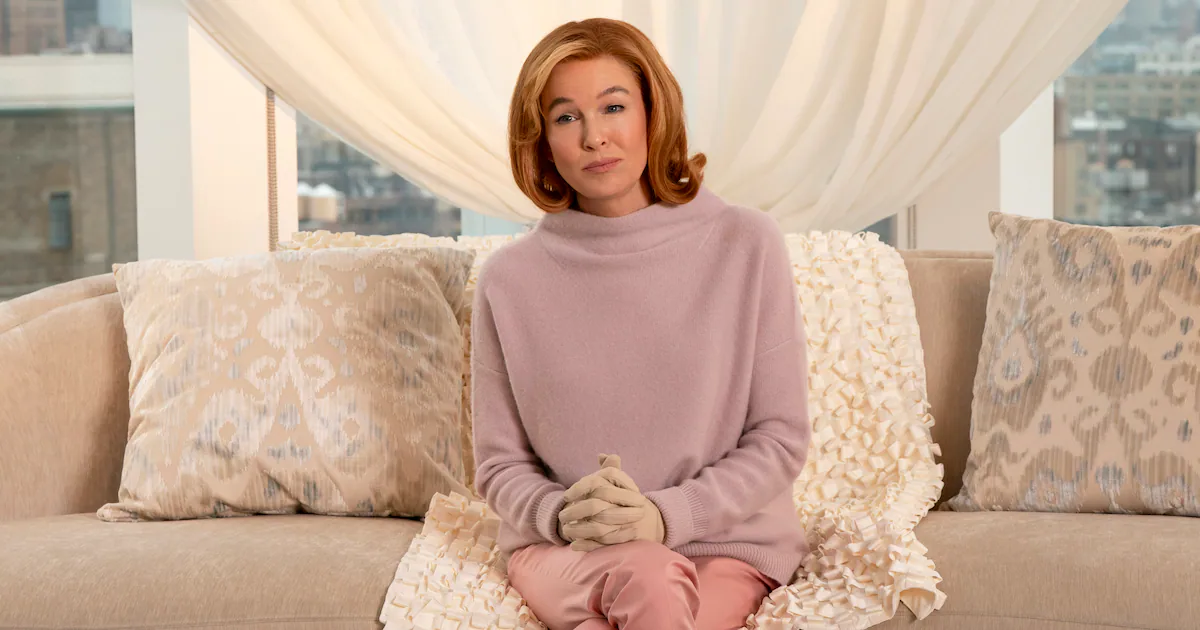
Dear Eric: I have a longtime friend who, at 60, has entered the online dating world after the death of her husband four years ago. She has yet to meet the “right guy.”
She matches with men who are still married, looking for someone to support them, looking for sex only, and the list goes on. When she does have someone match with her on the dating site, she jumps in with both feet, inviting them to meet in person, often the very next day, rather than just talk to them for a little while to see if they have anything in common.
Her most recent match was invited to her family Thanksgiving after only being matched for one week, unless, and I quote, “he breaks her heart before then.” She’s been ghosted by more men than I can even count, and I always have to hear about it.
She then tells me that she is unlovable, not attractive, “not the kind of woman that men want,” “the kind of person who settles,” et cetera. I used to build her up constantly when she would make these remarks but now, quite honestly, I’m tired of hearing it.
I’ve suggested that she volunteer, join a book club (she likes to read), join a widow’s group, and she may meet someone in those settings that would be more aligned with her lifestyle. If she wants to continue her online quest, that’s entirely her right, but I really don’t want to hear her self-pity when it doesn’t work out. How do I extract myself from these conversations? – Tired of Hearing About It
Dear Tired: Stories about online dating woes are sometimes like stories about a person’s dream from the night before. One or two might catch your interest or provide psychological insight, but hearing about them every day gets old.
Have a heart-to-heart with her about what’s really going on. Try this: “I believe you’re worthy of love. You found it once and even if you don’t find someone that you’re compatible with again, that doesn’t make you any less worthy. It’s hard for me to hear you talking down about yourself. But neither my opinion nor the opinion of a random man you match with is going to matter if you don’t believe it. And, as your friend, I think you’ll be happier if you work on believing it first.”
A therapist is going to be her best option here. There are some fine dating advice books out there, and podcasts on relationships (I’m partial to Jillian Turecki’s excellent podcast “Jillian on Love”), but one-on-one work with a therapist who can help your friend unpack these feelings she’s having and better set herself up for dating.
You don’t have to love yourself in order to be loved by another person. But when we love ourselves first, it becomes easier to accept and believe the love we’re getting from others.
Stories by R. Eric Thomas
Asking Eric: Our neighbors inexplicably park their car in front of our house all day every day
Asking Eric: I’m ready to divorce my wife of 50 years because she’s been hiding purchases
Asking Eric: My girlfriend is accusing me of cheating with a kindly church member
Autism can make it difficult for me to communicate
Dear Eric: I was diagnosed with autism spectrum disorder (ASD) as an adult at 23 (I’m 27 now) and have been encountering an issue that is really bothering me.
A few times, I have been told that I’m rude or antisocial, and sometimes even ungrateful. I always follow up with asking why these people think that, and they’ll respond with things like I don’t say “thank you” enough or butt into a conversation or it seemed like I didn’t want to talk to them.
I have been going to therapy and talking with other people with ASD and have found that this is something other autistic people run into as well. I hate to use the excuse “I’m autistic and don’t mean to/don’t realize I’m coming off as rude,” but I’m not sure how else to go about it.
Communicating my feelings can be difficult for me and I’m distressed that this is happening.
Do you have any suggestions on what I can do? – Trying to Be Better
Dear Better: Think of these situations not as flaws you have to make up for, but as instances where communication styles just didn’t match up. You have a different way of communicating and navigating the world; this doesn’t make you rude.
I’d encourage you to not think of “I’m autistic” as an excuse and instead to think of it as a way of giving others information that will make communication easier on both sides. When you give context about how you communicate, you can help others readjust their expectations.
Whether we’re neurodivergent or not, we can all benefit from taking a step back and talking about how we communicate. This column is often filled with letters from people experiencing issues because one party (or both) didn’t say “this is how I receive information; this is how I communicate information; this is what I’m trying to say.”
Send questions to R. Eric Thomas at eric@askingeric.com or P.O. Box 22474, Philadelphia, PA 19110. Follow him on Instagram and sign up for his weekly newsletter at rericthomas.com.



